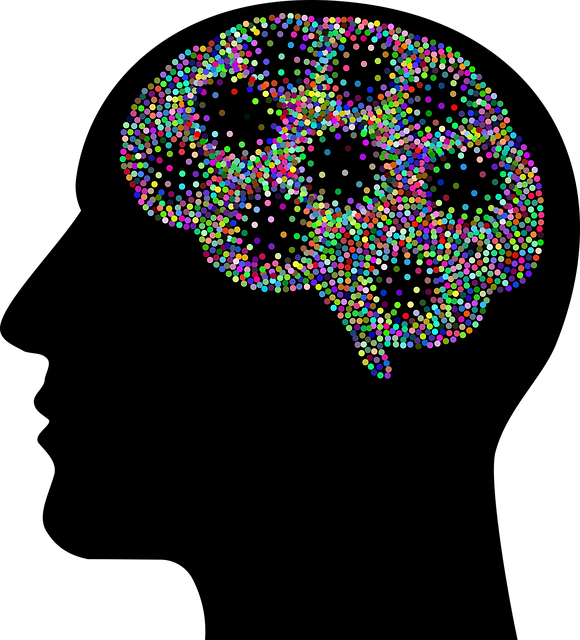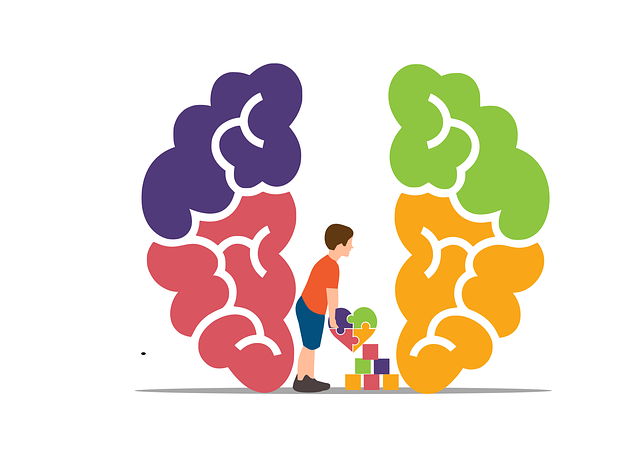Northglenn Terminal Illness Therapy offers a holistic approach to emotional healing, utilizing the Resourceful Fronting Method (RFM) to build resilience in patients facing terminal illness or mental health challenges. RFM encourages self-awareness through direct emotion processing and promotes effective coping strategies. This program provides practical tools like mindful breathing techniques and crisis intervention guidance, empowering individuals to navigate end-of-life circumstances with greater control, peace, and emotional adaptability.
“Resilience is a powerful tool for navigating life’s challenges, especially during difficult times. This article explores the concept of RFM (Resourcefulness, Flexibility, and Mastery) and its role in fostering mental resilience. We delve into how Northglenn Terminal Illness Therapy offers a unique, comprehensive approach to building resilience. Through practical exercises and strategies, individuals can strengthen their mental fortitude. Discover effective methods to enhance flexibility and adaptability, ensuring a more robust and sustainable outlook on life, as demonstrated by the success stories of Northglenn Terminal Illness Therapy.”
- Understanding RFM and its Role in Resilience Building
- Northglenn Terminal Illness Therapy: A Comprehensive Approach
- Practical Exercises to Strengthen Mental Resilience
Understanding RFM and its Role in Resilience Building

Resilience is a crucial aspect of emotional healing processes, and RFM (Resourceful Fronting Method) offers a unique approach to building this strength, especially for individuals navigating mental illness or terminal illness situations. This therapeutic technique encourages self-awareness exercises by helping clients confront and process their emotions front-on, rather than avoiding or denying them. By fostering direct engagement with feelings, RFM enables people to develop coping strategies that enhance their overall well-being.
In the context of Northglenn Terminal Illness Therapy, understanding RFM’s role becomes even more significant. It aids in addressing the emotional challenges associated with serious health conditions while simultaneously working towards mental illness stigma reduction efforts. Through self-awareness exercises and resourceful fronting, individuals can gain a sense of control and empowerment, which is vital for navigating the complexities of terminal illness. This method promises to revolutionize the way folks approach emotional healing, offering a transformative experience in the heart of Northglenn.
Northglenn Terminal Illness Therapy: A Comprehensive Approach

Northglenn Terminal Illness Therapy offers a comprehensive and holistic approach to supporting individuals facing terminal illness. This program goes beyond traditional medical care by focusing on the patient’s emotional, psychological, and spiritual well-being. By integrating self-awareness exercises and coping skills development, Northglenn provides patients with valuable tools to navigate their journey with resilience. The therapy sessions empower folks to embrace mind over matter principles, fostering a sense of control and peace amidst challenging circumstances. This unique approach ensures that patients are not just physically supported but also emotionally equipped to face the complexities of terminal illness.
Practical Exercises to Strengthen Mental Resilience

Building mental resilience is a vital aspect of navigating life’s challenges, especially for individuals facing daunting circumstances like terminal illness. Northglenn Terminal Illness Therapy offers practical exercises designed to strengthen this crucial skill set. One such exercise involves mindful breathing techniques, which help individuals center themselves and regulate their emotions during stressful situations. By focusing on the breath, one can cultivate a sense of calm and composure, enabling better decision-making and problem-solving abilities.
Additionally, crisis intervention guidance plays a significant role in emotional healing processes. Through role-playing scenarios and guided conversations, participants learn effective strategies to manage intense emotions and crises. These exercises foster emotional regulation, allowing individuals to respond adaptively rather than reacting impulsively. By integrating these practices into daily routines, one can build resilience that supports overall well-being, even in the face of significant life changes or challenges.
Resilience is a powerful tool for navigating life’s challenges, and RFM plays a crucial role in this process. As demonstrated by Northglenn Terminal Illness Therapy’s comprehensive approach, integrating practical exercises into treatment plans can significantly enhance mental resilience. By understanding RFM and its applications, individuals can access effective strategies to build resilience, ultimately improving their overall well-being. These exercises serve as a game-changer, fostering adaptability and empowerment in the face of adversity.














